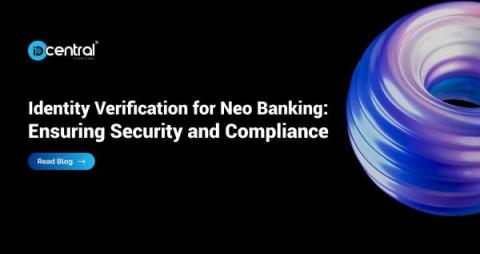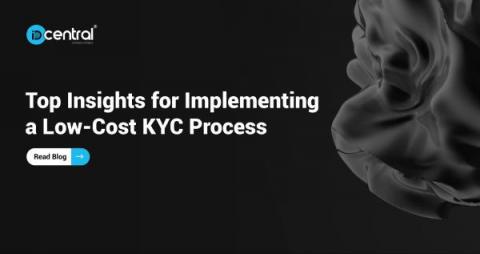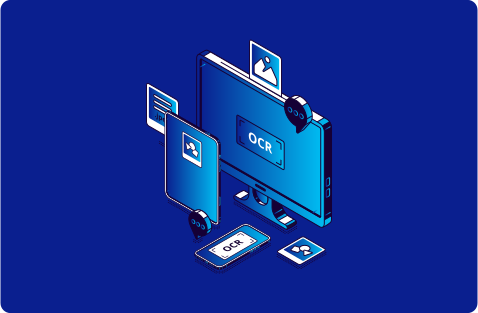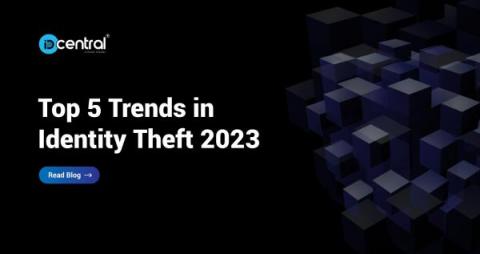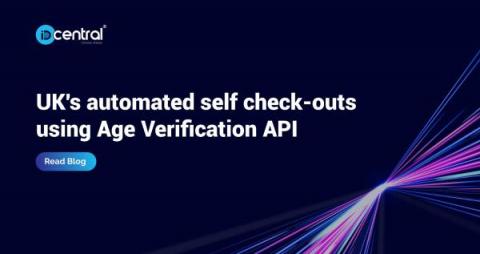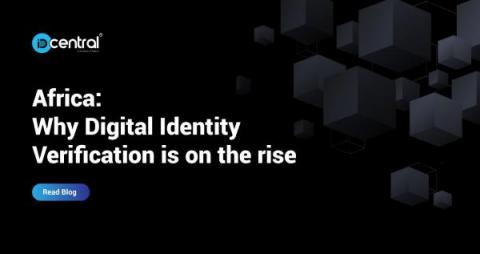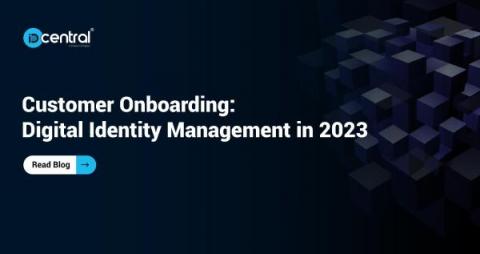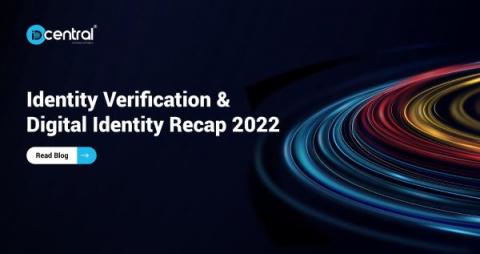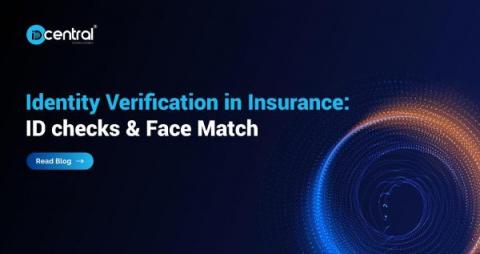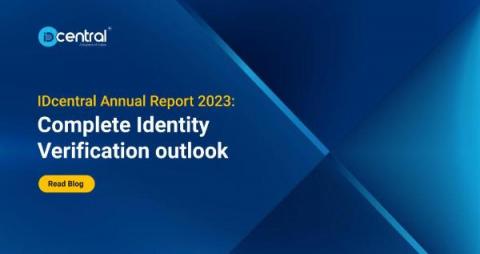Identity Verification for Neo Banking: Ensuring Security and Compliance
In the world of finance, digital onboarding is becoming increasingly important for neo banks. Neo banking refers to a new generation of digital-only banks that offer a wide range of financial services through mobile apps and online platforms. These banks are typically built on top of existing infrastructure, and they rely heavily on technology to provide a seamless and efficient customer experience. Digital onboarding is the process of registering for and opening a new account with a neo bank.


